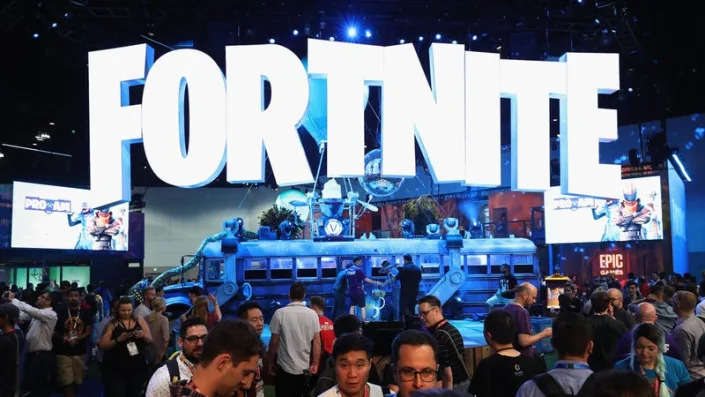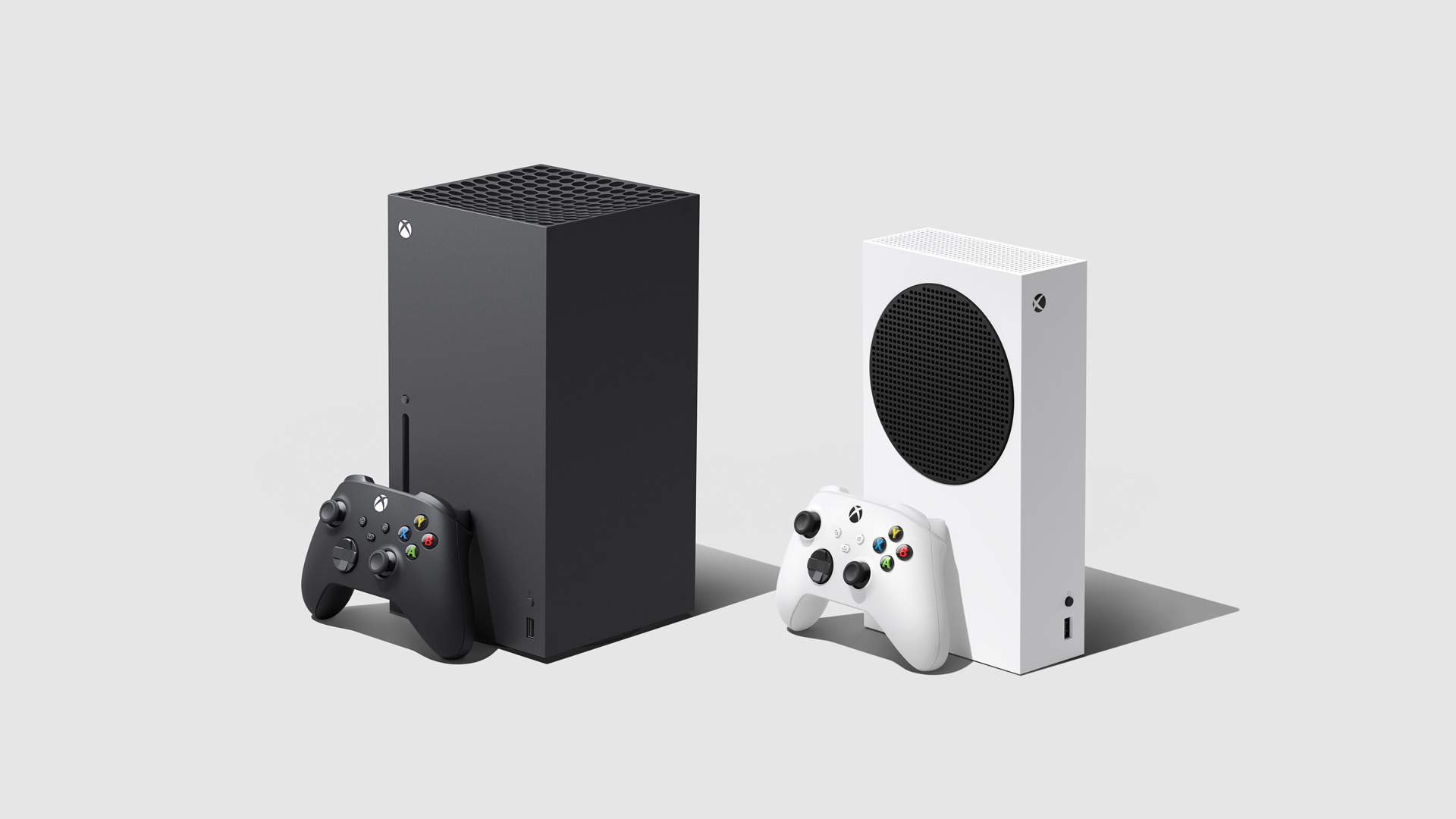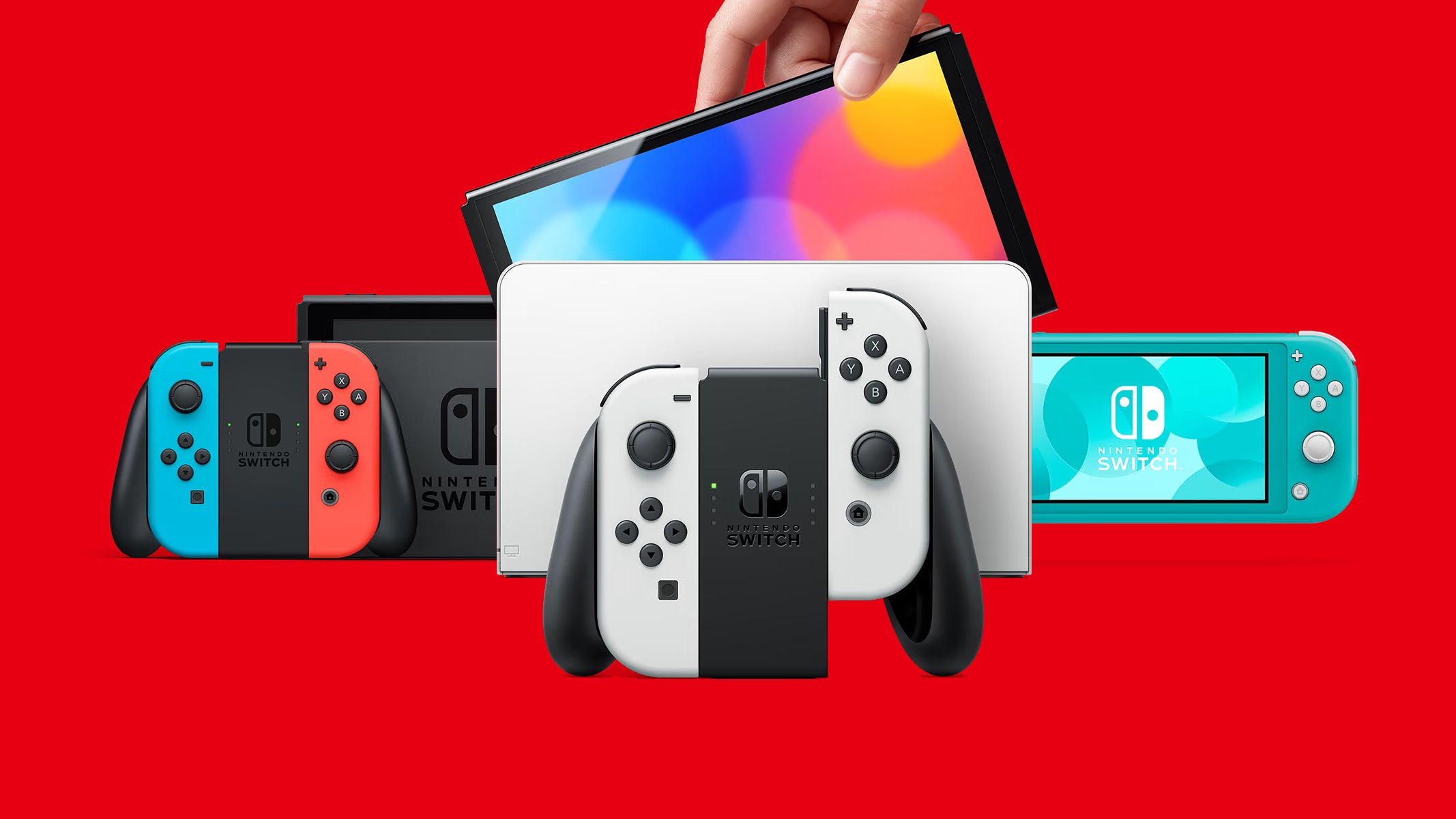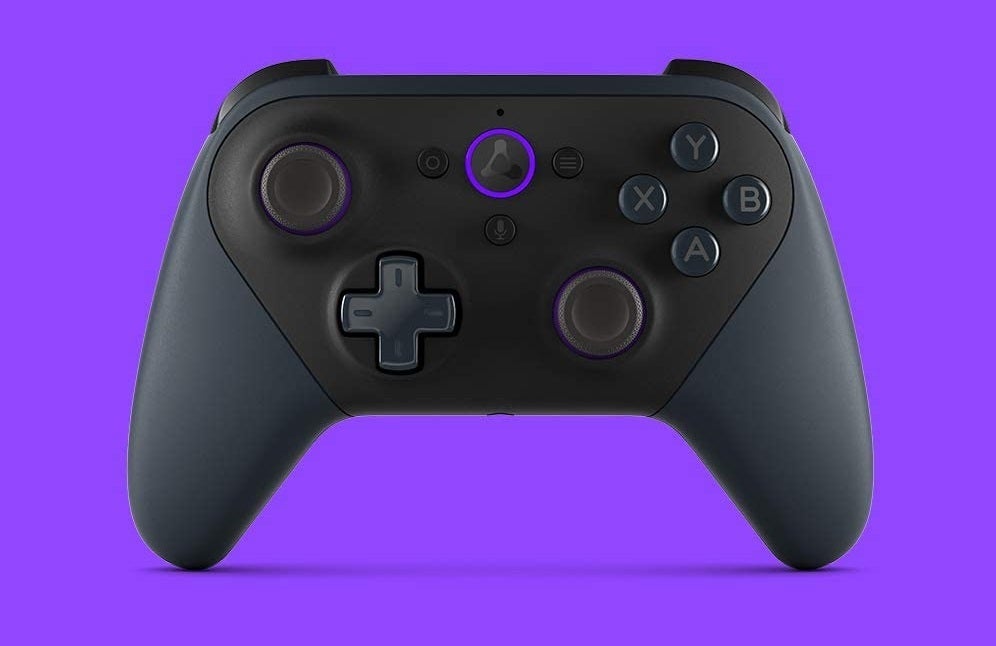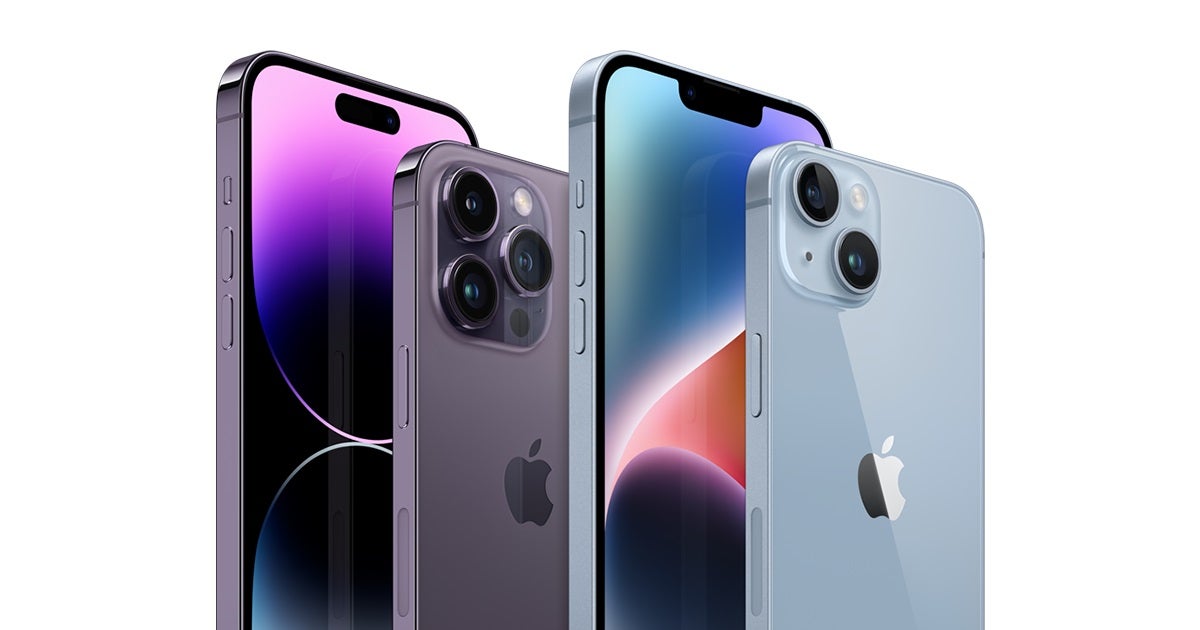U$A
More Than 7 Million Incorrect Diagnoses Made in Emergency Rooms Every Year, Government Report Finds

A new study finds that nearly 6 percent of the estimated 130 million people who go to emergency rooms every year are misdiagnosed, which translates to about 1 in 18 patients getting the wrong diagnosis.
The report, published on Dec. 15 by the Department of Health and Human Services’ Agency for Healthcare Research and Quality, reviewed nearly 300 studies published between January 2000 and September 2021.
The researchers estimate that 7.4 million misdiagnosis errors are made every year, 2.6 million people receive a harm that could have been prevented, and another 370,000 are permanently disabled or die because of the misdiagnosis. This equates to about 1,400 diagnostic errors every year per emergency room across the country.
The researchers noted that these rates are on par with what is also seen in primary care and hospital inpatient settings.
The top five conditions that were misdiagnosed were:
- stroke
- myocardial infarction
- aortic aneurysm/dissection
- spinal cord compression/injury
- venous thromboembolism
These five conditions accounted for 39 percent of all serious misdiagnosis-related harms.
Stroke was missed 17 percent of the time, often because people reported symptoms of dizziness and vertigo. When they entered the ER, 40 percent of patients who had those two symptoms had their stroke missed initially.
Nonspecific or atypical symptoms were the strongest factor resulting in misdiagnosis, the study found. Women and people of color had a 20 percent to 30 percent increase in risk of being misdiagnosed.
The-CNN-Wire
™ & © 2022 Cable News Network, Inc., a WarnerMedia Company. All rights reserved.



